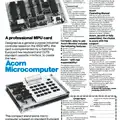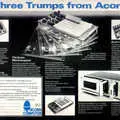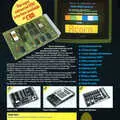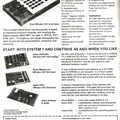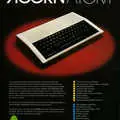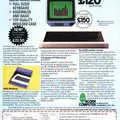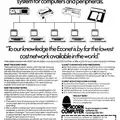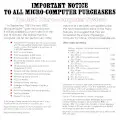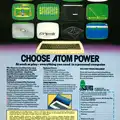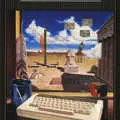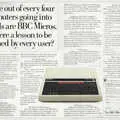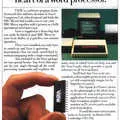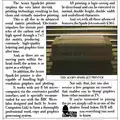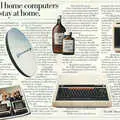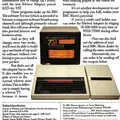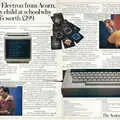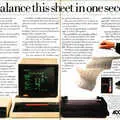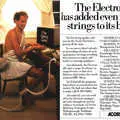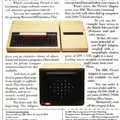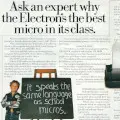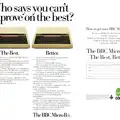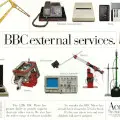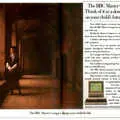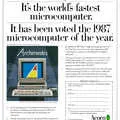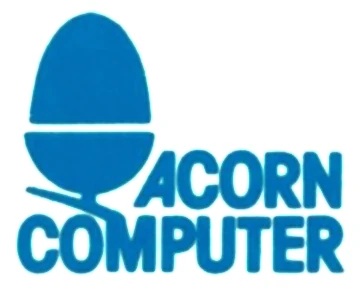
Acorn Advert - March 1980
From Computing Today
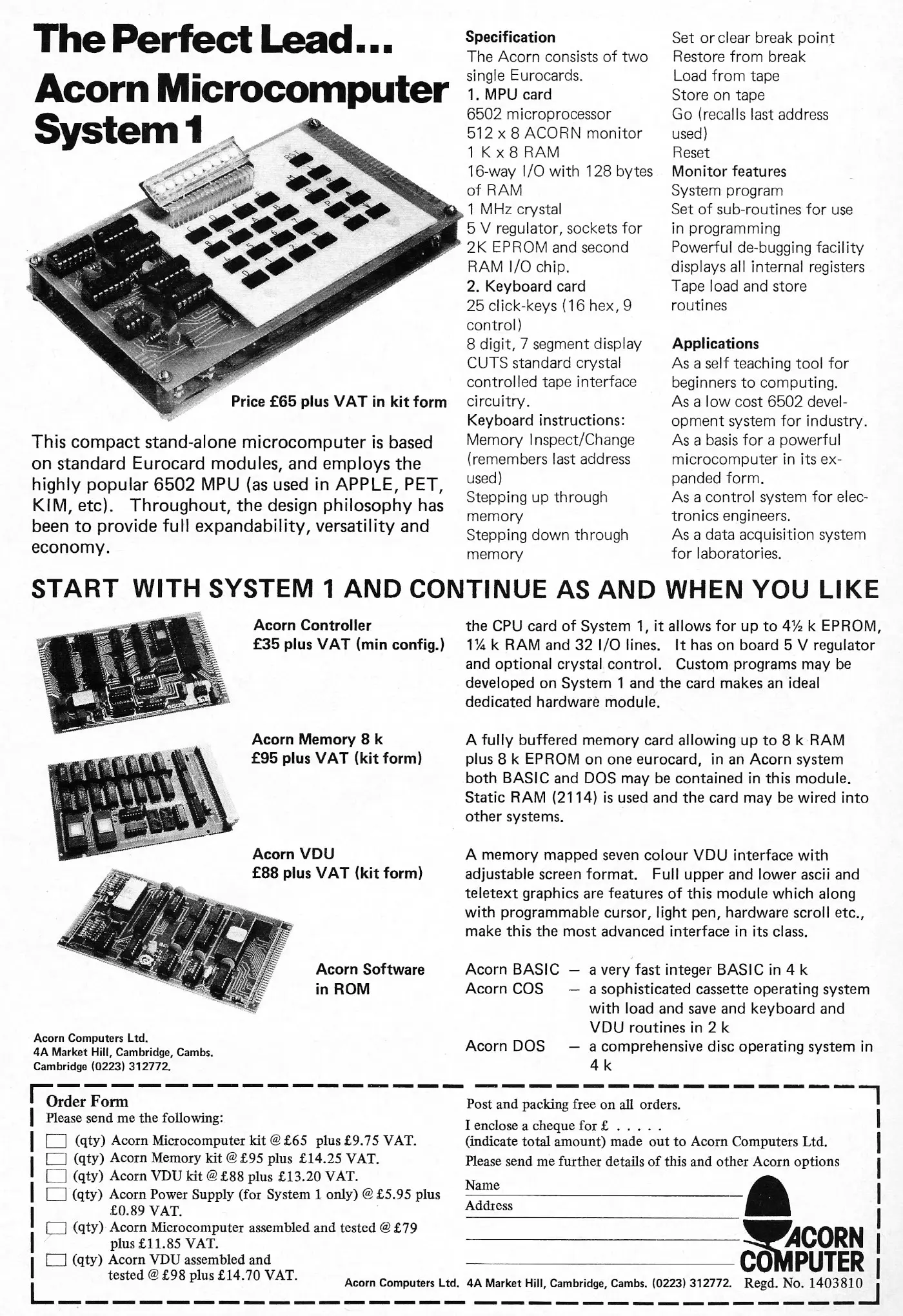
"The perfect lead.. Acorn Microcomputer System 1"
Acorn's "System 1[1]" - formerly known just as the Acorn Microcomputer - was launched in March 1979 and appears here in an early-1980 advert selling for £75 in kit form (or about £490 in 2026 money), which was broadly comparable to the cost of arch-rival Sinclair's MK 14 of 1978.
It was designed by Sophie Wilson, who would later on, via the BBC Micro, design the first ARM instruction set - the design that has now sold billions and is in more than 90% of all smartphones ever made.
It would also have been similar in function to MOS Technology's KIM-1, as both were 6502 based and were intended as "self-teaching tools for beginners, a low-cost 6502 development platform, a control system or a lab data-acquisition system".
The System 1 was integer-only, which might make it sound like something a bit retro but is something that is still used by some modern embedded processors. Being integer-only helped to make it run faster, albeit at the expense of not being able to do floating-point arithmetic.
One particularly interesting commercial use of the System 1 would come in 1982 with Systems Control's "Smart Arm" robotic arm, which used it as its controller or "CPU".
For the breakthrough price of £430 (about £2,130 in 2026 money) for the educational Model 4E version, you got a robotic arm that had a reach of 200mm and could lift 50 grammes.
At the other end of the scale, £2,560 (£12,700) bought you the industrial 61 model, which could lift 1.5kg and reach out a metre.
The whole system was designed to be controlled by an Atom[2], the next machine that Acorn would produce after a few more revisions of the System 1.
The machine that followed the Atom - the Proton, otherwise known as the BBC Micro, also ended up getting a robotic arm, thanks to a product launched for it by Droid Factory, the Abingdon-based company run by Tony Dyson - the man who made R2-D2 for the film Star Wars.
The robot arm, based on an industrial version but using servo motors to reduce power requirements, was available for only £400 (£1,740) and even came with interchangeable fingers[3].
Date created: 01 July 2012
Last updated: 13 January 2026
Hint: use left and right cursor keys to navigate between adverts.
Sources
Text and otherwise-uncredited photos © nosher.net 2026. Dollar/GBP conversions, where used, assume $1.50 to £1. "Now" prices are calculated dynamically using average RPI per year.
